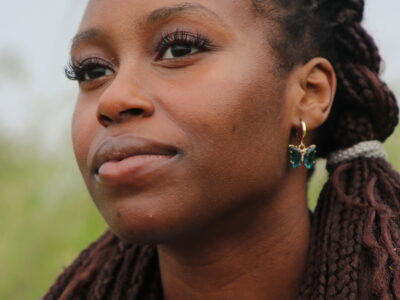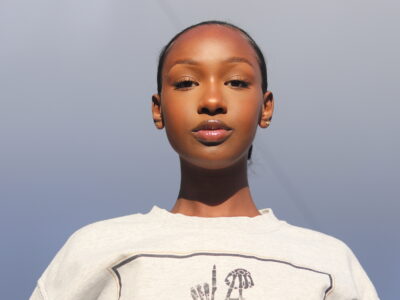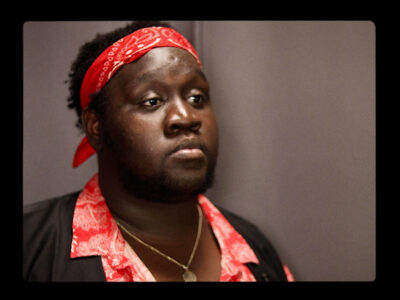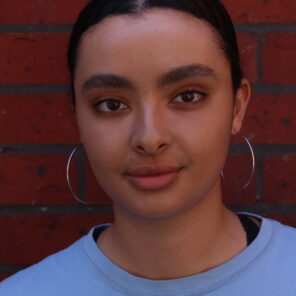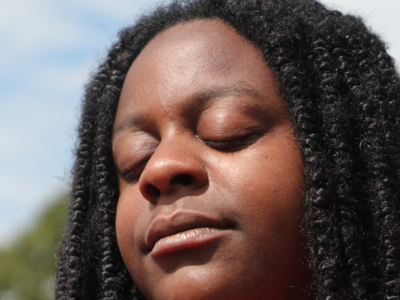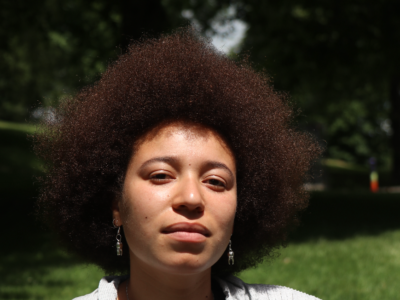Reflecting on June 2020: A photography series
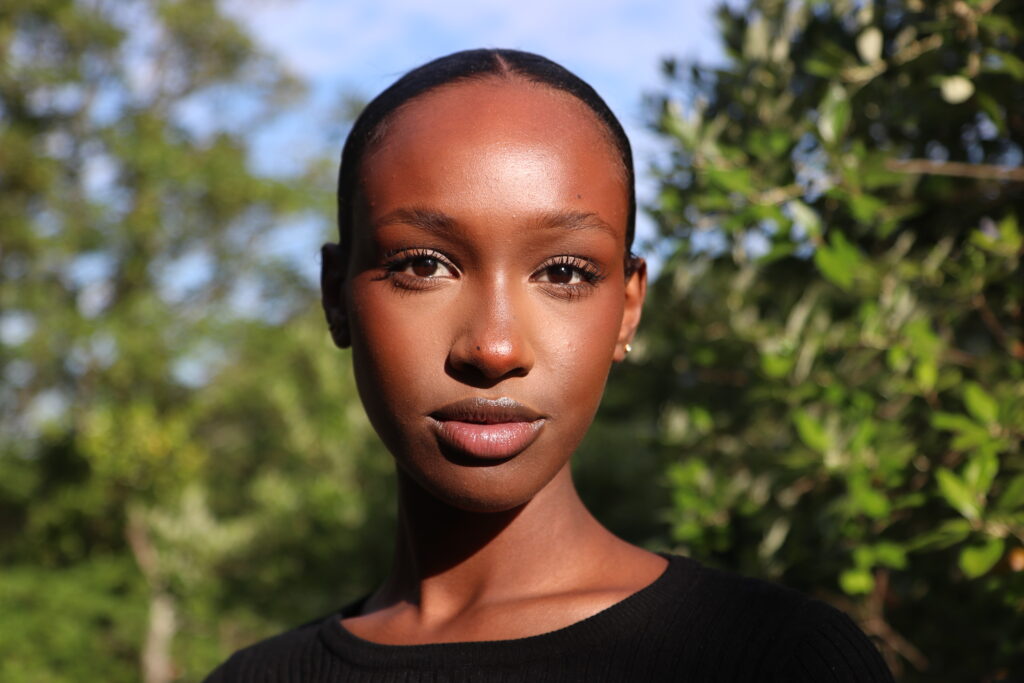
In this photography interview series, Oona reflects on black people’s mental health, sense of identity and relationships during June 2020 and how this changed in the year that followed.
In June 2020 after George Floyd’s murder, we saw the rise of the BLM movement. A year later, four young black people reflect on that time and the year that they’ve had since.
Nadira Ibrahim
How did you feel in June 2020?
“I kind of just felt more traumatised, like any second during the whole Black Lives Matter thing, anytime I would go on the internet and anytime I would go on Instagram, Twitter, Tik Tok or anything, it’d be like a video of someone getting killed. No trigger warning, no nothing ,just like a video. More than anything, I felt just traumatised, really. But other than that, I did feel like, I was happy that was a change like the matter was getting attention. But then at the same time as well I just felt like it was just draining. Knowing that every day there’s another issue to fight about and there’s another person who’s died that we need to fight for. And obviously, we want to fight for everybody. We want to do that. But it’s so difficult.”
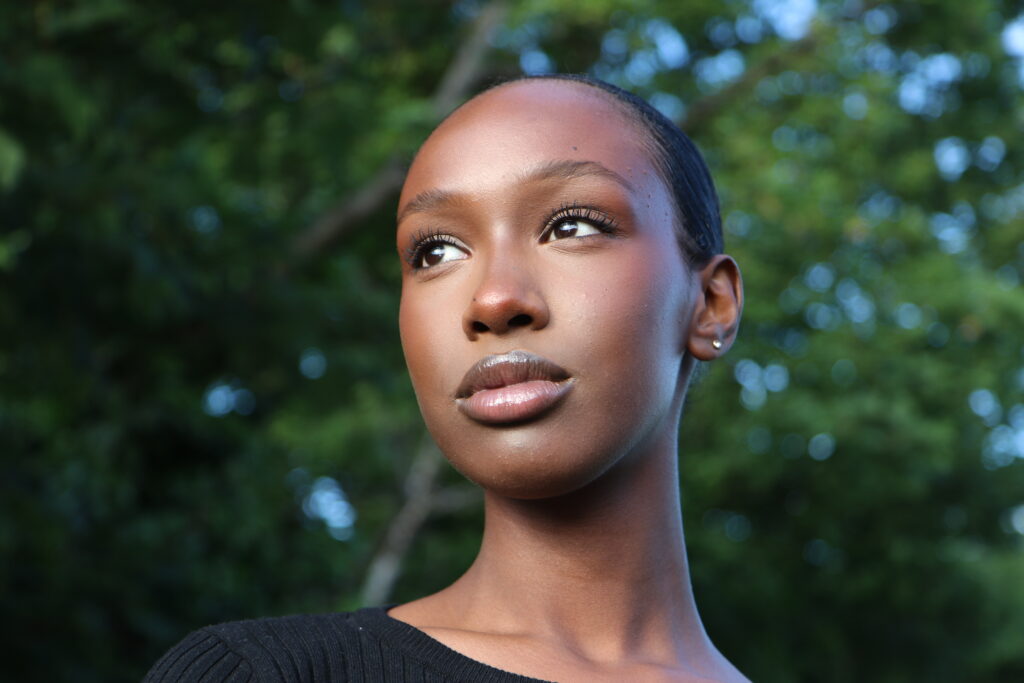
What was it like seeing Colston Statue fall?
“It was one of the things I was like, wow, people are actually trying to make a change. And I think it was really moving, really powerful as well because I never really agreed with the whole Edward Colston thing. Especially as well the school I went to, St Mary Redcliffe, everything is named after Colston, one of our houses is called Colston. Yeah, he was such a big thing in our school as well. So obviously, after the statue was taken down, they finally changed the names of everything.”
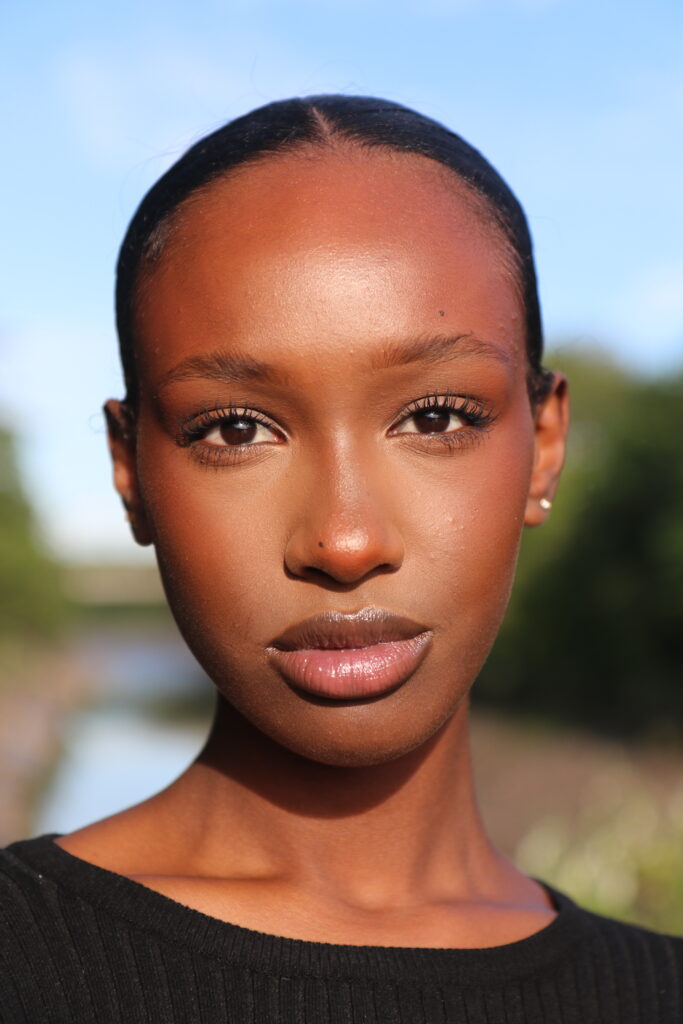
What did you think when people were posting black squares on Instagram?
“I actually did post a black square, but when I did post it, I wrote a huge paragraph of things that you can donate to petitions that are there, but people were just posting the black squares and doing hashtag black out. And it’s like, you’re blocking people from getting the actual information that is necessary and you’re just doing it because it’s a trend. Do you know why we’re doing it? Are we actually understanding why we want people to do that? Or are you just posting it because your friends are posting it? Especially with Instagram as well, with the whole sharing things onto your story. It’s so easy to not even read anything, read the first page and just post it on your story and that’s where I think things really go wrong.”
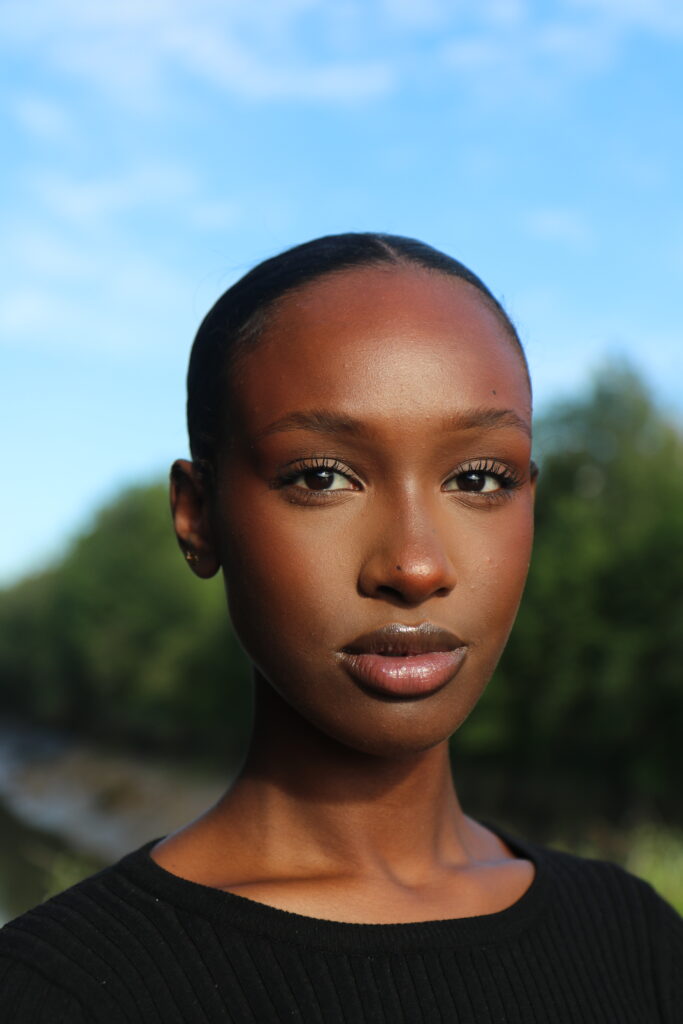
How did you feel about Netflix’s decision to create a Black Lives Matter section?
“I feel like they had the right intention but at the end of the day, it was again very traumatising. I don’t want being black to be known as just being like, a struggle, you know? Because at the end of the day it is a struggle, but I love being black, I wouldn’t change it for the world. And I feel like it did take me a minute to get to this point, but I feel like I’m really proud to be black. I feel like that needs be showcased more.”
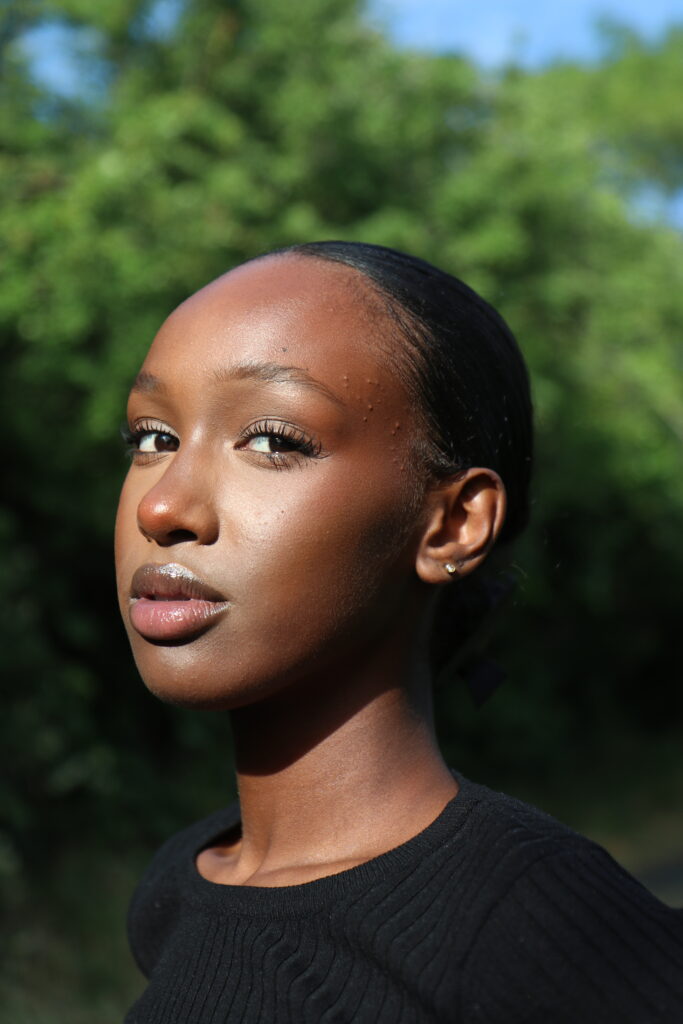
What were your friendships like at that time?
“At that point in time, I did have like a very mixed kind of group of friends, some white, some mixed race and my two really close friends, Aminta and Ikran, who are both black. Right now it’s just us three. I feel better with people I can relate with. And also, when I’m in situations where it’s just us as the only black people like I feel so much safer with them. Rather than like me being by myself as the only black person.”
“Except for my one friend Grace. She’s really like the only other person who’s not black, who I feel like I can be completely myself around. Because she’s always been there for me throughout everything. Not feeling like I fit in, in primary school she would never make me feel like I was any different to her. Even when she would do her hair, she would do mine as well, even like not knowing how to do it. She’d get like these clip in extensions from like Poundland and they obviously wouldn’t be like my hair texture, but she would do what she could to try and make it work. And, you know, I found that really thoughtful of her.”
“But I feel like around some white people, I feel I need to tone down because I don’t want to be seen as that whole like stereotype of the loud black girl or the angry black girl. And obviously I don’t want to feed into stereotypes, but I feel subconsciously I do it to protect myself. I kind of fizzle myself down be like them or to be on their wavelength or whatever. It’s draining for me because this isn’t me; I need to pretend. It’s also draining like they’ll say something that’s just like a bit out of order. And I’m like, oh, you can’t say that and then it gets into a whole argument.”

Has anything changed for you personally in the last year?
“I feel like I’ve a lot more educated on stuff that I would have never been educated on before. Like when people would pronounce my name wrong, even though it’s said how it’s spelled. They will just be like, Oh; can I call you this instead? Or little things like that that invalidated me as a person. I have finally been able to identify and sort of think about it and be like, oh, like, if that was ever to happen again, I know how to approach it or I know how to educate them, or I know sort of how to like, defend myself, I guess because I never used to. I would always just take it because I never used to know that it was so horrible.”
“Educating myself is best because then I can go out and educate other people, thing needs to be done. It’s just been nice, because now with my little brother, if anything was ever to happen to him, I’ve educated him enough to know.”
All photos by Oona Chanfi
How have you reflected on June 2020? We’d love to know your thoughts on our socials!

